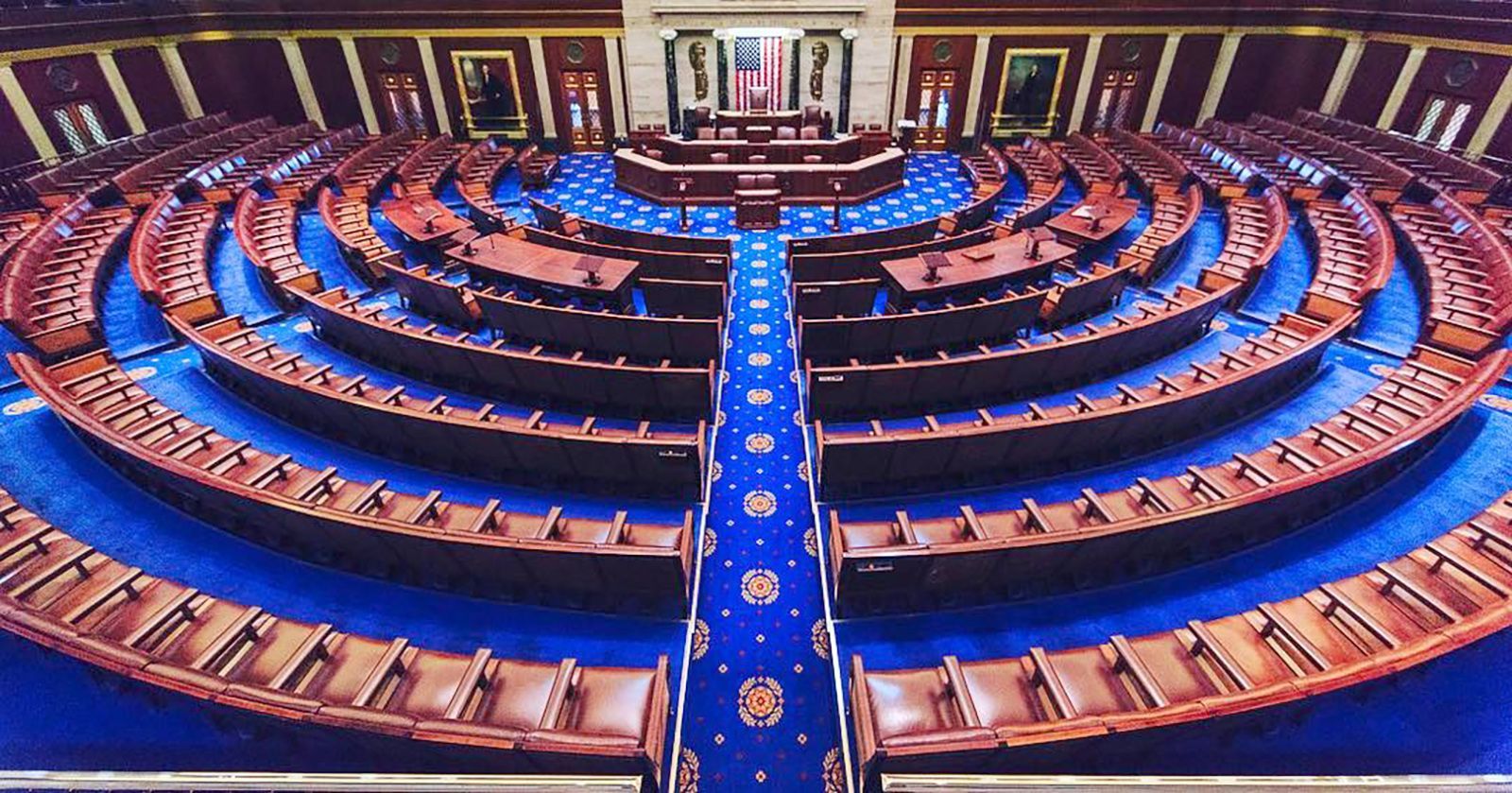Since the November 5 election the counting process for the House of Representatives has lumbered on. At time of writing the process is almost complete. But not quite.
The Associated Press, which is probably the gold standard when it comes to the vote counting process, has awarded the House to the Republicans for the next Congress sitting. Again, at time of writing, the seat allocation is 218 for the Republicans and 212 for the Democrats.
The AP has another category in its count. And that is the category of "Others." Since November 5 the number of "Others" in the AP tally has remained at precisely zero.
It's an interesting thing, a peculiar thing, perhaps an absurd thing that in a nation that so much venerates choice there seems to be only two options in a major election, and that is a vote for one or other of the two dominant parties.
Sure, in the recent election some votes went to a handful of presidential candidates not linked to the Republicans or Democrats. But we all know that such candidates, while they might take votes away from the top tier candidates, have no prospect of actually beating them.
So we have witnessed yet another two horse race in which each nag views the other as being extreme. So where is the middle ground? Well, you could argue that it is occupied by all those "Others" who simply don't exist. That is assuming, or hoping, that any and all potential "Others" are of the sane and sensible variety.
It would be interesting indeed if American voters were presented with a viable third party option when they go to the polls; or indeed a fourth. Outgoing Democratic senator Joe Manchin reckons there should be a third party able to contend with the other two.
But that scenario doesn't look likely in the foreseeable future. The "Others," like space aliens, might be out there. But they remain elusive, invisible, perhaps even mythical.
The Associated Press, dogged and detailed in its work, will, presumably, keep looking out for them in the vastness of America's political cosmos.








